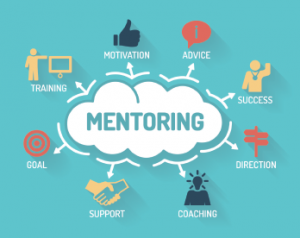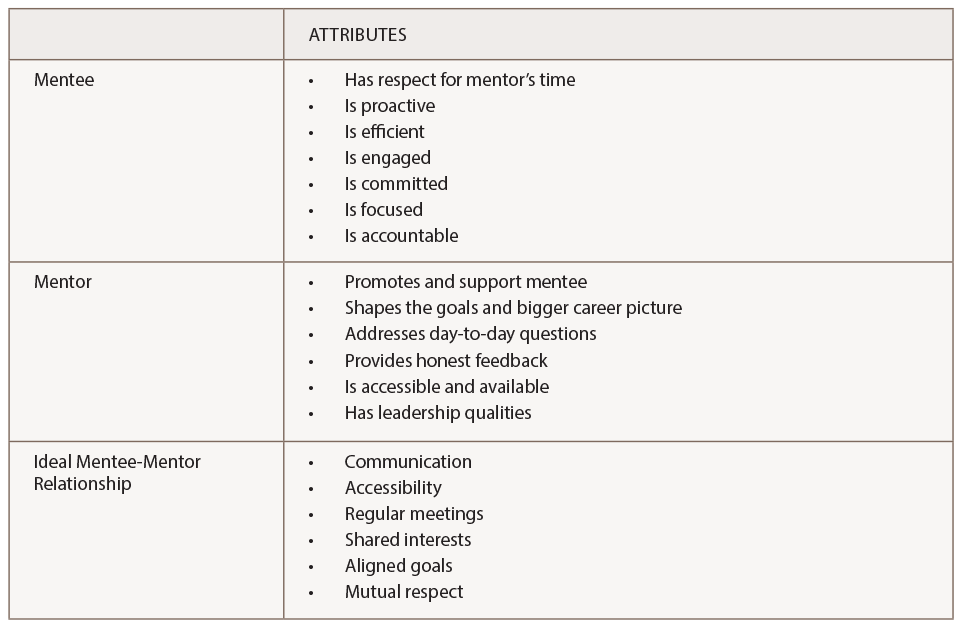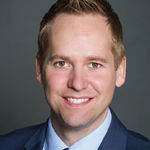
garagestock / shutterstock.com
Like other areas of medicine, rheumatology is facing a significant workforce shortage. As documented in a recently published study by the ACR, the demand for rheumatology clinical services is expected to exceed the supply of rheumatology providers by 2030.1
Without a concerted effort to explore ways to retain rheumatology providers in the workforce, this imbalance of supply and demand in the years to come will significantly affect access to, and the quality of, care that patients need. The recent ACR study is a major step toward developing effective strategies to retain rheumatologists and better understand why the imbalance is developing.
Alongside and complementary to the effort to retain rheumatology providers are efforts within the ACR to train rheumatologists who want to advance their careers into rheumatology research. A recent program developed jointly by the ACR and the Childhood Arthritis and Rheumatology Research Alliance (CARRA) to help pediatric rheumatologists advance their careers has—since its inception in 2010—become a main way for fellows and junior faculty to receive the training necessary for a career that includes research.
Key to the success of the program, called AMIGO (ACR/CARRA Mentoring Interest Group), is the use of mentors to provide early career investigators in pediatric rheumatology with broad perspective on the challenges and opportunities in career development.2 A main finding of a study that looked at the efficacy of AMIGO showed that a structured program can yield meaningful increases in access to, and satisfaction with, mentoring for rheumatologists in the early phases of their careers.2

Dr. Ogdie
Given the success of the AMIGO program, a new study by ACR investigators looked at the main issues involved with creating a mentorship program for trainees and early career investigators in adult rheumatology research. Conducted by members of the ACR Early Career Investigator Subcommittee of the Committee on Research, the study focused on training early career investigators by specifically looking at the barriers and facilitators of effective mentoring and how the ACR can enhance mentorship at this early career stage. The ultimate aim of the study was to develop a framework for an effective adult rheumatology mentoring program.3
‘More mentors are better than one.’ —Dr. Ogdie
Mentorship for Adult Rheumatology Research
Described as the first qualitative study to examine attributes of an ideal mentorship relationship for adult rheumatology research, investigators used data collected from 25 early career rheumatologists (i.e., fellows in training, instructors or assistant professors) to examine the mentor–mentee relationship, as well as barriers to an effective mentorship relationship and facilitators of that relationship. In addition, investigators undertook a national survey of rheumatology fellows and early career investigators to identify specific needs to address in an interinstitutional mentoring program.
Table 1 (below) lists the findings of the focus groups and interviews of the 25 study participants, identifying the attributes of an ideal mentee, mentor and their relationship.

(click for larger image) Table 1: Attributes of a Successful Mentorship Relationship
garagestock / shutterstock.com
According to lead author of the study, Alexis Ogdie, MD, MSCE, assistant professor of medicine and epidemiology, Hospital of the University of Pennsylvania, Philadelphia, the most important aspects of developing a mentoring program are to identify those attributes of mentees and mentors that are important for a successful relationship and to ensure that both mentee and mentor are active participants in the relationship. “In particular, the mentee can really drive the relationship,” she says. “Additionally, more mentors are better than one.”
The study found that mentees who had confidence and showed the attributes listed in Table 1 helped facilitate a successful mentee-mentor relationship. Another important facilitator of a successful relationship was having a diverse network of mentors that fill different roles for the mentee.
The study also identified a number of barriers and challenges to developing a successful relationship, including knowing how to navigate a career path, time restraints, gaining independence, work-life balance, and issues related to competition or misaligned goals between mentees and between the mentee and mentor (e.g., competition for resources, time, and authorship).

Dr. Sparks
Based on the findings of this study, Dr. Ogdie and colleagues are developing an adult rheumatology interinstitutional mentoring program. According to co-lead author of the study, Jeffrey A. Sparks, MD, MMSc, assistant professor of medicine, Brigham and Women’s Hospital, Boston, the investigators have submitted a grant to the ACR for funding a program called Creating Adult Rheumatology Mentorship in Academia (CARMA).
Pending funding, the program could launch this coming summer, says Dr. Ogdie.
“In particular, we plan to match mentees to mentors in the late summer and have a CARMA reception at the ACR/ARHP Annual Meeting, similar to how AMIGO is structured,” says Dr. Sparks.
Lessons Learned from Mentorship Program in Pediatric Rheumatology
“The key is to keep the focus on high-level career mentoring,” says Peter Nigrovic, MD, associate professor of medicine at Harvard Medical School and director, Center for Adults with Pediatric Rheumatic Illness, Division of Rheumatology, Immunology, and Allergy, Brigham and Women’s Hospital, and founding co-chair of the AMIGO program. “That keeps the process fun and easy, which is important for sustainability.”
Dr. Nigrovic underscored that mentors can provide an important external perspective for fellow and junior faculty considering a career in research. In addition, he emphasized a very positive side effect of helping connect mentees to mentors: Interinstitutional mentoring relationships help connect mentees to the national rheumatology community.
“We all know that developing a career is difficult, and this is certainly true for those interested in research,” he says. “Programs like AMIGO and CARMA convey the desire of the ACR to be there for all members of the community, and represent a meaningful and highly cost-effective investment in our future as a profession.”
Mary Beth Nierengarten is a freelance medical journalist based in Minneapolis.
Resources
- Battafarano DF, Ditmyer M, Bolster MB, et al. 2015 American College of Rheumatology Workforce Study: Supply and demand projections of adult rheumatology workforce (2015–2030). Arthritis Care Res (Hoboken). 2018 Apr;70(4):617–626.
- Moorthy LN, Muscal E, Riebschleger M, et al. Efficacy of an interinstitutional mentoring program within pediatric rheumatology. Arthritis Care Res (Hoboken). 2016 May;68(5):645–651.
- Ogdie A, Sparks JA, Angeles-Han ST, et al. Barriers and facilitators of mentoring for trainees and early career investigators in rheumatology research: Current state, identification of needs, and road map to an inter-institutional adult rheumatology mentoring program. Arthritis Care Res (Hoboken). 2018 Mar;70(3):445–453.


